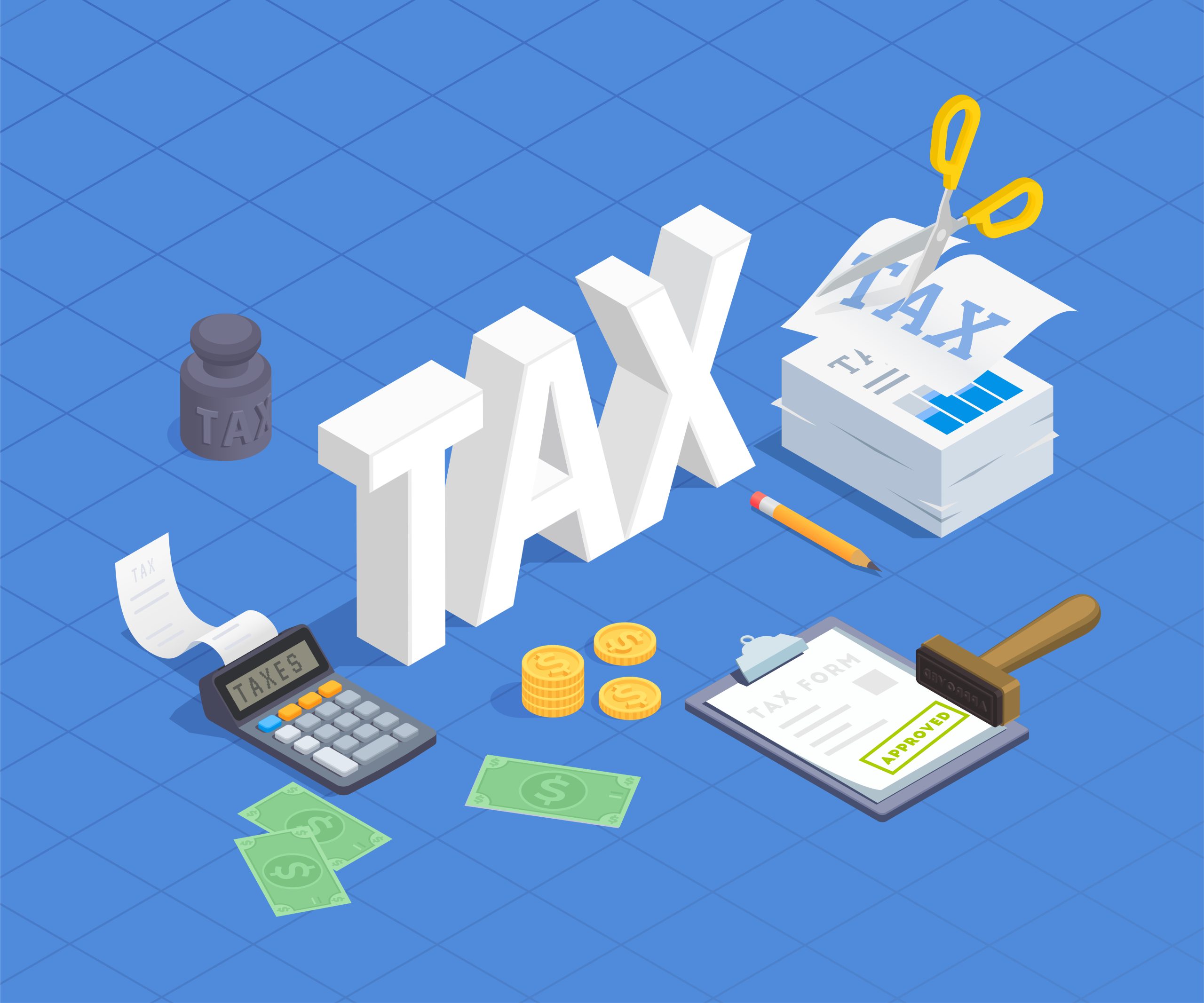The Government has just issued a National Action Plan with 17 specific actions to implement Vietnam’s commitments on anti-money laundering, combating terrorist financing, and financing of proliferation of weapons of mass destruction with the Financial Action Task Force (FATF):
- Actions 1, 2, 3 (to be completed by September 2024): Enhance understanding, international cooperation, and information sharing on money laundering/terrorist financing.
- Action 4 (to be completed by January 2025): Effectively supervise financial institutions and individuals, and related non-financial businesses.
- Actions 5, 6 (to be completed by May 2025): Complete the legal framework for anti-money laundering, combating terrorist financing, including regulations on virtual assets.
- Action 7 (to be completed by January 2025): Guide the private sector on obligations to combat money laundering/terrorist financing.
- Action 8 (to be completed by May 2025): Establishing a mechanism to provide competent authorities with access to and update information on beneficial owners of legal entities, and applying sanctions for violations.
- Actions 9 (to be completed by September 2024), 10 (to be completed by May 2025): Ensure the independence of the Anti-Money Laundering Department and improve the quality of financial intelligence analysis.
- Action 11 (to be completed by May 2025): Enhancing the utilization of financial intelligence information in investigations.
- Actions 13 (to be completed by May 2025): Strengthen investigations and prosecutions of money laundering.
- Actions 12 (to be completed by January 2025), 14, 15 (to be completed by May 2025): Address technical compliance gaps related to FATF Recommendations 3, 6 and 7.
- Actions 16 (to be completed by January 2025), 17 (to be completed by September 2024): Comply with FATF recommendations on targeted financial sanctions and proliferation of weapon of mass destruction.
Widely recognized virtual currencies like Bitcoin and Ethereum have garnered attention. The Government previously tasked the State Bank with conducting research and implementing pilot programs for virtual currencies to mitigate the risks of money laundering within the banking system.
Management authorities have consistently emphasized that virtual currency does not hold the status of legal tender or a recognized means of payment in Vietnam. Furthermore, the amended Law on Prevention of Money Laundering, ratified at the close of 2022, has yet to incorporate provisions pertaining to virtual currencies and virtual assets.
The above action plan is expected to help Vietnam catch up with the development of the digital asset economy.
Download the legal update as a PDF here.





























